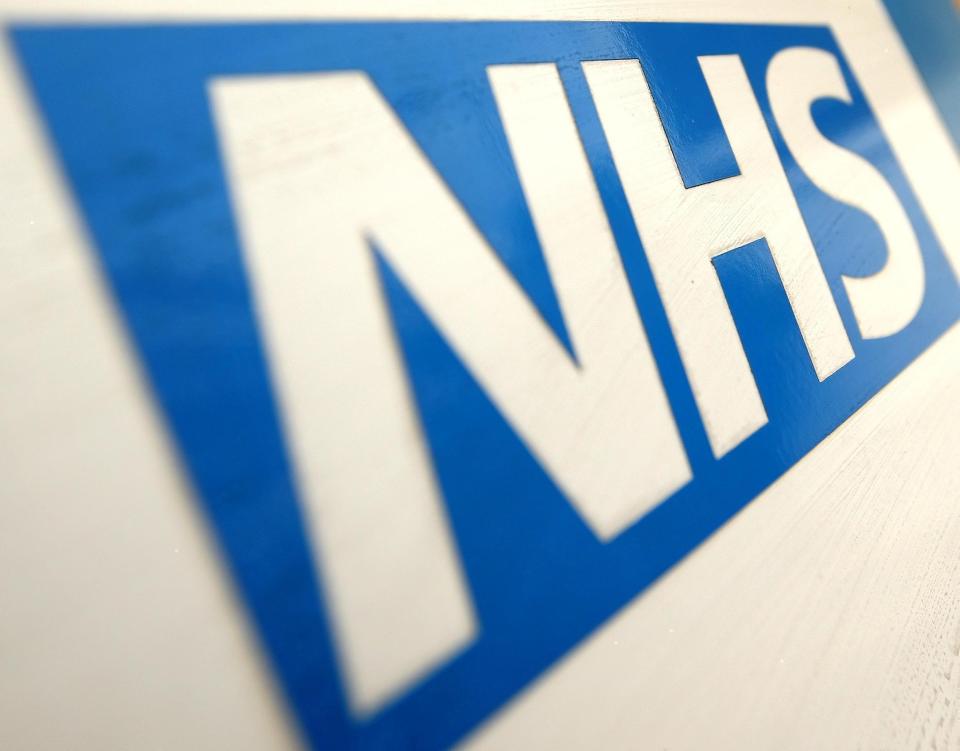Brits should pay a dedicated NHS tax to fund the ailing health service, expert says
Britain currently spends less on health as a share of national income than other equivalent countries, according to economist Professor Richard Layard

BRITS should pay a dedicated tax to fund the ailing NHS, a leading expert says.
Professor Richard Layard, an economist at the London School of Economics, claims it is the only way to ensure the government reflects public wishes.
Writing in the British Medical Journal, he highlights that Britain currently spends less on health as a share of national income than other equivalent countries.
And he says polls show nearly half of Brits are willing to pay for a better service, while almost none want it cut.
He said: “If, as in Germany, there were a dedicated source of funding for the healthcare sector, it would be much easier for public demand to be translated into action.”
Professor Layard proposes a revised system, where all National Insurance is rebranded National Health Insurance.
All contributions would be spent on health, based on an expenditure plan set out at the beginning of each parliament.
Higher contributions, partially offset by cuts to other taxes, may be needed to also finance social care.
He writes: “A reform of this kind would offer real hope to the healthcare sector.
“It would have its own source of income and the public could judge whether more or less income was justified.”
This would bring “welcome certainty” to a service that would otherwise be forced to continue with alternating periods of famine and plenty, he adds.
The Treasury has always objected to dedicated taxes – known as hypothecation – because “it limits its flexibility to determine the overall pattern of public expenditure”.
NHS trusts overspent by £2.45billion in 2015/16, when the health service budget stood at £117billion.
Prime Minister Theresa May says the health service is getting more than the £8billion extra it has asked for by 2020.
But Simon Stevens, head of NHS England, told MPs last month that she was “stretching it” with her claims. Others have also labelled her figures misleading.
Mr Stevens told the Public Accounts Committee: “Over the next three years, funding is going to be highly constrained.
“In 2018-19, real-terms NHS spending per person in England is going to go down.”
RELATED STORIES
Professor John Appleby, chief economist at the Nuffield Trust think tank, says a dedicated tax would not protect funding from economic uncertainty.
And he said there are better ways of making the link between tax and spend transparent.
Also writing in the BMJ, he says: “Current ways of making tax and spend choices are not by any means perfect and could be improved with, for example, more debate (informed by evidence) about what we want to spend on health and the trade-offs involved with other things we also want to spend our limited resources on.
“But hypothecation only provides the illusion of an escape from such necessary argument and debate.”
The 2015 British Social Attitudes survey showed 93 per cent of people thought there was an NHS funding problem.
But only a quarter thought the solution was a dedicated NHS tax, with a further quarter supporting the view that the NHS should find ways of coping with its existing budget.
The USA spends 16.6 per cent of its national income on health care, compared with 11.4 per cent in Japan, 11 per cent in Germany and 9.9 per cent in the UK.













